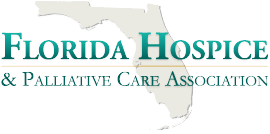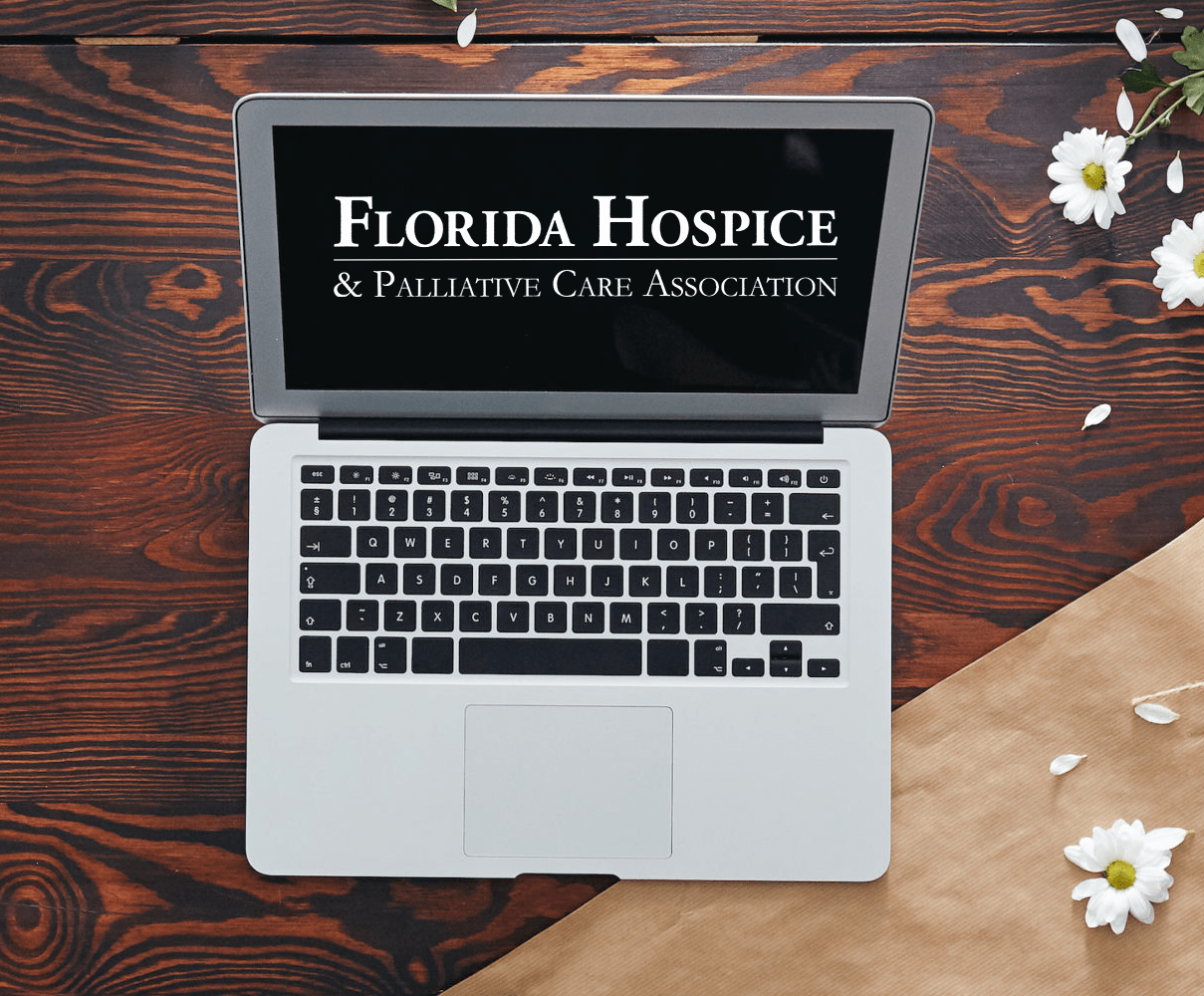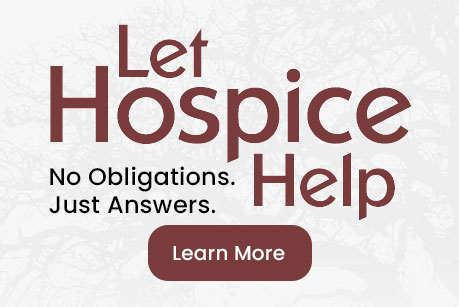Best Practice Hospice Documentation to Support Eligibility
Date/Time: 06/26/2014, 3:00 pm - 4:30 pm
Provider: Florida Hospice & Palliative Care Association
The single-most-scrutinized area for hospice providers by CMS is patient eligibility. While most hospice programs are admitting eligible patients, they often don’t prove eligibility with their documentation. From admission, to clinician visits, to recertification, nurses, social workers, and chaplains must document unequivocally whether the patient is chronically ill versus terminally ill. The physician’s narrative and face-to-face visits must also clearly demonstrate a less-than-six-months prognosis.
Eligibility documentation is the primary area requiring significant improvement in most hospice programs. It is also the most at-risk area for payment by CMS. This webinar will focus on helping clinical hospice staff understand their role and learn ways to improve this process.
HIGHLIGHTS
- History of Medicare in the hospice relationship and why documentation is the single-most-important facet of the work
- Hospices today from a compliance perspective as it relates to documentation
- Is the patient eligible, but the documentation doesn’t prove it? Or, is the patient ineligible and there is little else to say in the documentation?
- Pre-admission and on-admission processes: Who is communicating and what information is being collected?
- Questions at admission and at recertification: “Why hospice?” “Why now?”
- Differentiating between chronic and terminal
- Coordination: Do the nurse, social worker, chaplain, and physician all document to support each other and to support the progressing illness?
- Narratives and face-to-face documentation
- That most important meeting: the IDG
- How to document when the patient is no longer eligible
- Importance of the clinician and the written word in keeping the hospice benefit alive
TAKE-AWAY TOOLKIT
- Sample documentation for clinicians to demonstrate the prognosis
- List of words not to use when documenting hospice care
- Documentation examples that demonstrate chronic versus terminal status
WHO SHOULD ATTEND?
This informative session is designed for hospice nurses who provide patient care at admission, on-call, or as case managers; clinicians who provide patient care, including social workers, pastoral care providers, and hospice medical directors; hospice educators; and clinical managers and directors.
MEET THE PRESENTER
Ruth K.V. Recchia, RN, CHPN, Simione Healthcare Consultants, LLC



